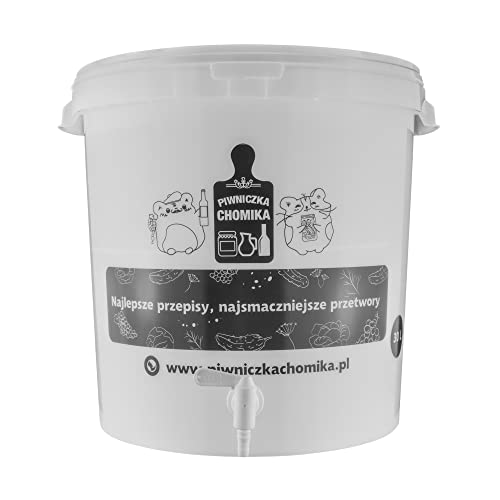paulpj26
Regular.
I was just wondering if someone could clear something up for me. As I have read on the forum and some books, Dextrin sugars are non-fermentable sugars (hence the reason why when we want a sweeter beer we mash at a higher temp in order to gain more of the Dextrin sugars so they don't ferment out (that's my understanding of it which could be totally wrong :rofl: ))
However, what is confusing me is that in GW's book it says that the dextrin sugars will eventually ferment out (which is obviously contradictory to everything else I have read). I do not doubt GW (or anyone else for that matter :thumb: ) so I was wondering do the dextrin sugars eventually become simple sugars which can be fermented?
Probably clear as mud but hey ho :whistle: :
However, what is confusing me is that in GW's book it says that the dextrin sugars will eventually ferment out (which is obviously contradictory to everything else I have read). I do not doubt GW (or anyone else for that matter :thumb: ) so I was wondering do the dextrin sugars eventually become simple sugars which can be fermented?
Probably clear as mud but hey ho :whistle: :





























![BREWING THERMOMETER STICKERS ACCURATELY MONITOR FERMENTING BEER & WINE LIQUID TEMPERATURES 5PCS HOME BREW SPIRITS WINE LCD ADHESIVE [US]](https://m.media-amazon.com/images/I/311DDjo2X3L._SL500_.jpg)














 . . . beware of information found on the internet, it may not be accurate . . . although you would expect an author to get it right as well :lol:
. . . beware of information found on the internet, it may not be accurate . . . although you would expect an author to get it right as well :lol: